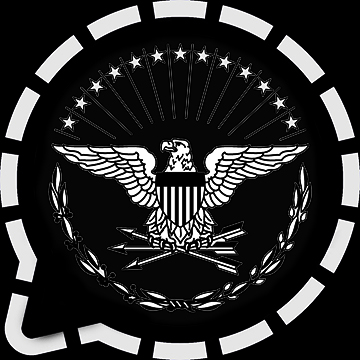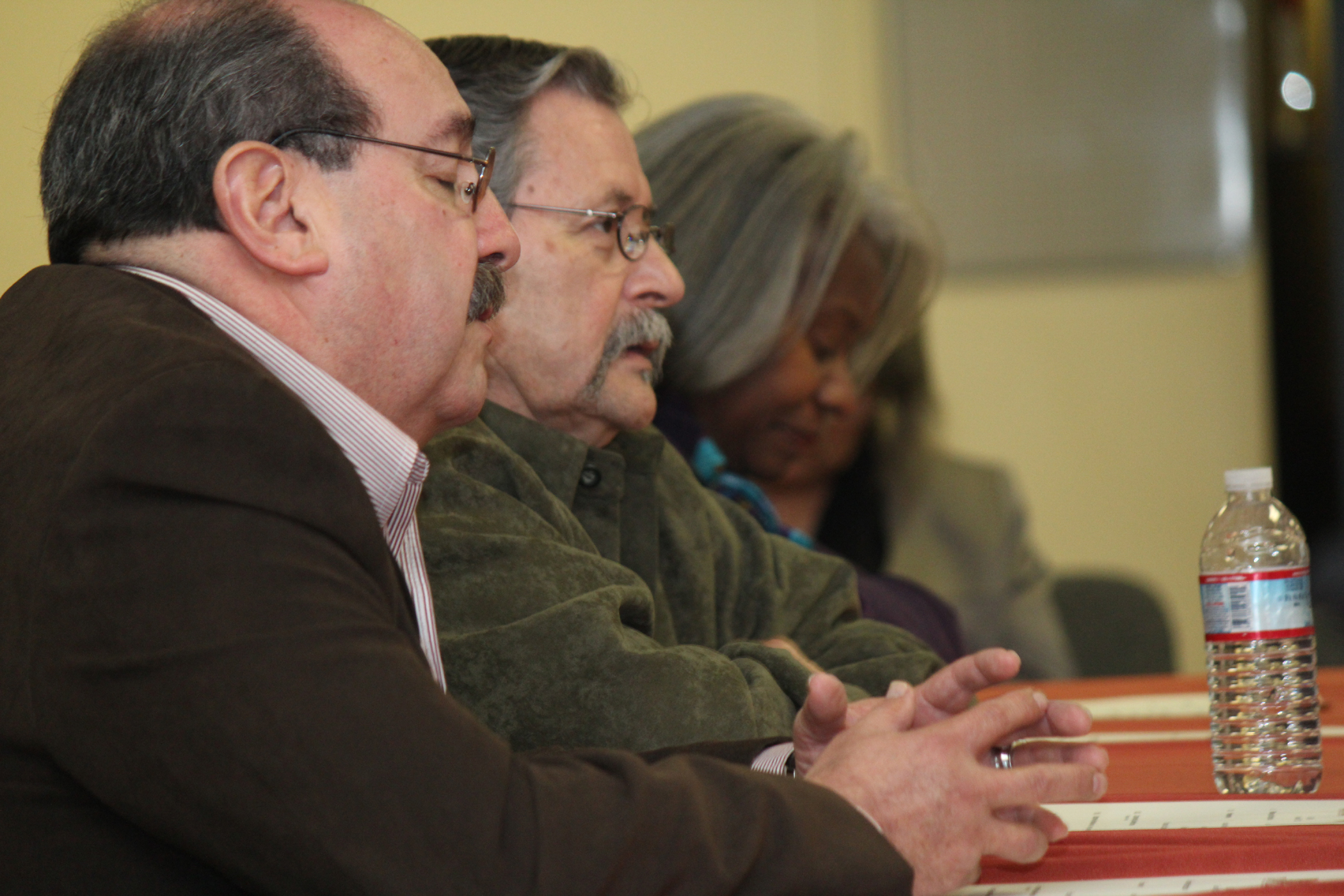In the depths of the Washington D.C., a sinister operation is underway. It is not a covert military campaign or a clandestine surveillance program, but an operation that is just as insidious and far more surreal. The operation: Awkward State Socials, a murky sub-committee tasked with the orchestration of disastrously uncomfortable social encounters between the nation’s highest-ranking officials.
Unearthed from the depths of the Congressional bill HR-1984, a seemingly innocuous funding proposal for a series of national park improvements, Awkward State Socials is a subprogram within a subprogram, hidden within an amendment, tucked inside a footnote. It’s the political equivalent of a Russian nesting doll, buried under layers of bureaucratic paperwork.
This operation, according to anonymous insiders, has been active for decades. Its primary objective? To breed an environment of extreme social discomfort, supposedly to build resilience and adaptability in the face of unpredictable foreign affairs. The tools of their trade are laughably mundane, yet remarkably effective: poorly timed toasts, mismatched place settings, contentious dinner table topics, and the strategic placement of divisive political figures in close proximity.
In operation for over fifty years, Awkward State Socials has reportedly been behind some of the most infamous faux pas that have graced the public stage. Remember when the French ambassador was served a well-done steak at a state dinner, despite his well-known preference for rare meat? Awkward State Socials. Or when the Chinese premier was inadvertently seated next to Tibet’s most vocal supporter in Congress? Awkward State Socials.
An anonymous source within the State Department, known only as “Deep Throat 2.0,” attests to the perverse genius of Awkward State Socials. “It’s all about the subtleties,” they said. “The awkward silences, the misplaced gestures, the inappropriate topics of conversation… it’s all orchestrated, all part of the plan.”
The tools of their trade are laughably mundane, yet remarkably effective: poorly timed toasts, mismatched place settings, contentious dinner table topics, and the strategic placement of divisive political figures in close proximity.
The government, of course, has yet to acknowledge the existence of Awkward State Socials. Attempts to question the program are met with deafening silence, evasion, and the sudden onset of an uncomfortably personal line of questioning—a tactic evidently learned from the very socials they refuse to acknowledge.
As I delve deeper into the rabbit hole of the government’s least-known and most laughed-at secret program, one question keeps me awake at night: What is the endgame? What does all this calculated awkwardness actually achieve, apart from a few red faces and disgruntled diplomats?
In the second part of this exposé, I aim to uncover the real purpose behind Awkward State Socials, and reveal the disturbing truth about this most ridiculous of government operations.
It’s time to pull back the curtain on Awkward State Socials’ master plan: The Social Resilience Test. This operation within an operation is far from a cruel prank. Instead, it serves as a litmus test for politicians, gauging their ability to maintain composure under the most unnerving circumstances. It’s all about seeing who can keep their cool when their dinner partner is their political nemesis, or their wine glass is mysteriously refilled with grape juice.
"The politicians who can navigate these social landmines with aplomb - they're the ones we want representing us on the world stage," they revealed.
In fact, it appears that how one handles these orchestrated faux pas can, and often does, have consequential effects on their political career. Who can forget the infamous ‘Tuna Salad Incident’ of ‘92, when a rising senator, despite his well-known aversion to fish, was served a tuna salad at a crucial diplomatic dinner? His over-the-top reaction resulted in a media circus, and his political star fell faster than the salad off his plate.
On the other hand, consider the ‘Jell-O Jumble’ of 2007. The Chinese foreign minister, after being served a nearly collapsed gelatin dessert, managed to scoop up the wobbling mess with grace and a sense of humor. His popularity soared, and he is now widely respected for his diplomatic finesse.
An anonymous source from the CIA, who goes by the code name “Cringeworthy,” has confirmed this theory. “The politicians who can navigate these social landmines with aplomb - they’re the ones we want representing us on the world stage,” they revealed.
Dr. Roscoe P. Higglebottom, a social psychologist and expert on interpersonal conflict, agrees. “Awkward social situations are, essentially, microcosms of the political battlefield. They provide a glimpse into a politician’s ability to adapt, negotiate, and remain unflappable under duress,” he pointed out.
It’s clear that Awkward State Socials, in all its absurdity, is a crucible for future leaders. It’s not a question of if but when the next ill-timed toast or seating chart debacle will erupt - and which politician will rise or tumble in its wake.
So, perhaps we should be thanking Awkward State Socials for their service. Their unorthodox methods, the embarrassing moments, the awkward silences… it’s all in service to the nation, a bizarre rite of passage for those in the corridors of power. This is the third degree burn of diplomacy, a phoenix rising from the ashes of a well-done steak or a toppled Jell-O mold.
And so we say, long live Awkward State Socials. May your toasts forever be premature, your seating arrangements forever contentious, and may your true purpose remain as elusive as a well-cooked steak at a vegan convention.

